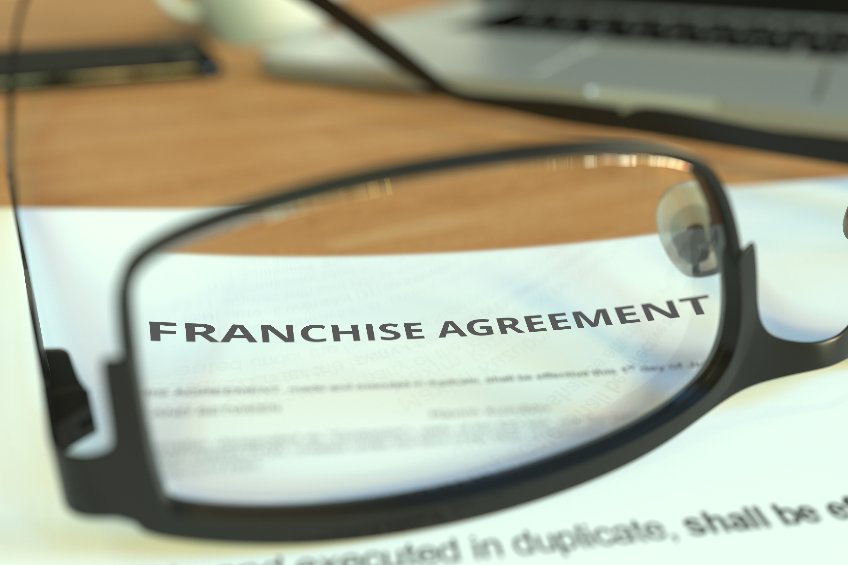Some businesses grow faster than others and sometimes the only way for these companies to grow is by expanding across the country or even the world. These expansions are sometimes referred to as franchises.
What is a Franchise?
A franchise is a form of business expansion where you allow others the right to sell a product or service, under your company’s name and make a profit. The person being authorized to use your company’s name is called a franchisee and normally must pay a franchise fee to the franchisor, for the right to do something under your company’s name. At the same time, this franchisee must sometimes pay a certain percentage of his or her profit in what is called a royalty. Common examples of franchising companies are McDonalds and Shell—these companies sell to individuals the right to operate a business under its company name.
What Happens When a Franchisee Breaches a Licensing Agreement?
Besides paying royalties and a franchise fee, a franchisee and franchisor normally sign several contracts in order to organize each other’s rights and duties. Normally what documents the parties to a franchise have to sign depend on both the Federal Trade Commission (“FTC”), the United States federal agency which regulates franchises, and the state where the franchise will take place in. These contracts normally include lease agreements and other financing agreements, such as loans to build the franchise location, make modifications, or even pay employee salaries.
A licensing agreement, sometimes referred to as franchise agreement, is the official document which allows a franchisee to operate under the license of the business. There are several consequences to violating a licensing agreement: from losing your franchise to having to pay damages to the franchisor. An example of this is a breach of the licensing agreement during the annual auditing process. Most franchises do annual audits of their funds, however the one that is most prone to conflict are the audits done when the franchisee wants to renew his or her franchise term or wants to sell the franchise. These audits can be a financial or a general inspection of the business and its practices. If, during the inspection, the franchisor learns that the franchisee has been violating the licensing agreement, the franchisor can terminate the entire agreement.
Examples of Franchisor Liability
It is also possible for the franchisor to be held liable for certain breaches. An example is when the franchisor fails to comply with the FTC. The FTC requires a franchisor to disclose certain documents to a franchisee, such as the litigation history of the company. If a franchisor failed to disclose such documents, the FTC could not only freeze assets and enter injunctions, but it could also treat the violation as a criminal offense with penalties of up to $10,000 per day. To make things worse, the FTC could also award monetary damages, punitive damages, and attorney’s fees to the franchisee or even cancel the franchise agreement altogether and order the franchisor to refund the franchising fees to the franchisee.
To avoid any problems when entering into a licensing agreement for a franchise, it is highly recommended to have a knowledgeable business attorney review your franchising documents.








